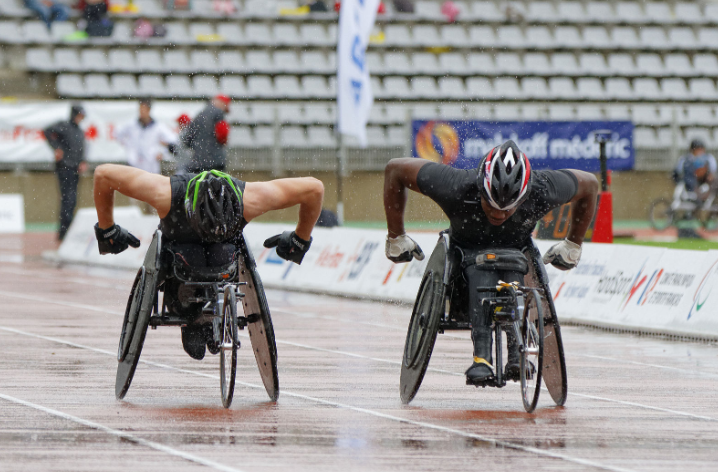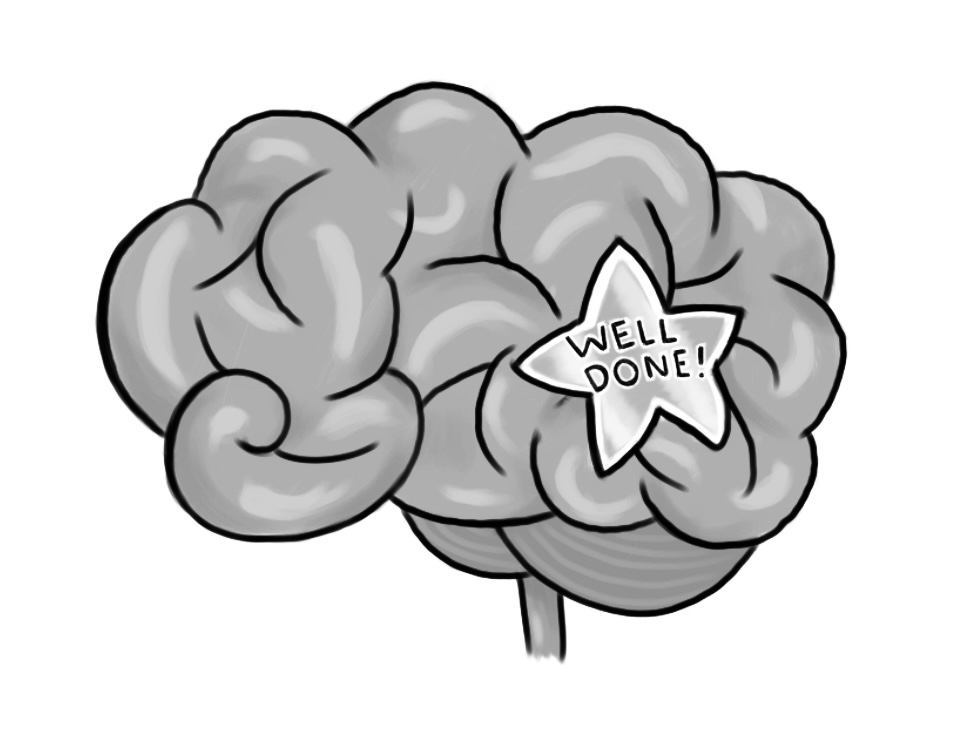Every four years, the world focuses its attention on the Olympics, celebrating the achievements of the athletes from across the globe, with billions of people cheering on their countries for a taste of gold. Yet, just weeks later, the Paralympics commence with a fraction of the attention. Despite performing equally remarkable feats, the Paralympics have remained in the shadow of its counterpart since its creation, raising the question: why are these athletes still denied the global spotlight they deserve?
Olympians are seen as the pinnacle of human athleticism and determination. However, Paralympians are just as, if not more, perseverant and athletic, having to overcome the rigor of their sport, the challenges of their disabilities, and the societal barriers they face. Even so, Paralympians’ true efforts often get overlooked by how they’re portrayed in the media. Until recently, Paralympians were often called “superhumans,” a label that, while intended as praise, perpetuated the stereotype that their greatest achievement is overcoming their disability rather than excelling in their sport. The effects of this portrayal can be seen in the public: a study by Channel 4, the main channel that broadcasts the Paralympics in the UK, revealed that 59% of viewers watch the games to “see athletes overcoming their disabilities” rather than for the competition itself[3]. This skewed focus strips Paralympians of the respect they deserve as elite athletes and reduces their extraordinary achievements to mere stories of struggle, rather than triumph.
This isn’t to say that there hasn’t been progress. This year’s Paralympics was the most viewed of all time, with 207 million minutes of watchtime, up 1100% from Tokyo 2020[1]. However, this newfound attention still pales in comparison to that received by the Olympics, which received 23.5 billion minutes of watchtime[2]. The viewership boost is, no doubt, encouraging, but the disparity between viewerships still reinforces the issues that cause public and media interest to lag behind the Olympics.
Despite this progress, the Paralympics still remain in the shadow of the Olympics. To bridge the gap, we need to see Paralympians on equal footing with Olympians, celebrated not only for overcoming challenges, but for their athleticism and dedication that is equally impressive as Olympians’. Ellie Simmonds, five-time gold medalist in swimming, puts it perfectly: “We’re athletes, we train as hard as the Olympians, we are dedicated, we enjoy it all. If you’ve got a disabilty you’re normal, it’s just something that’s different.”[4]


































